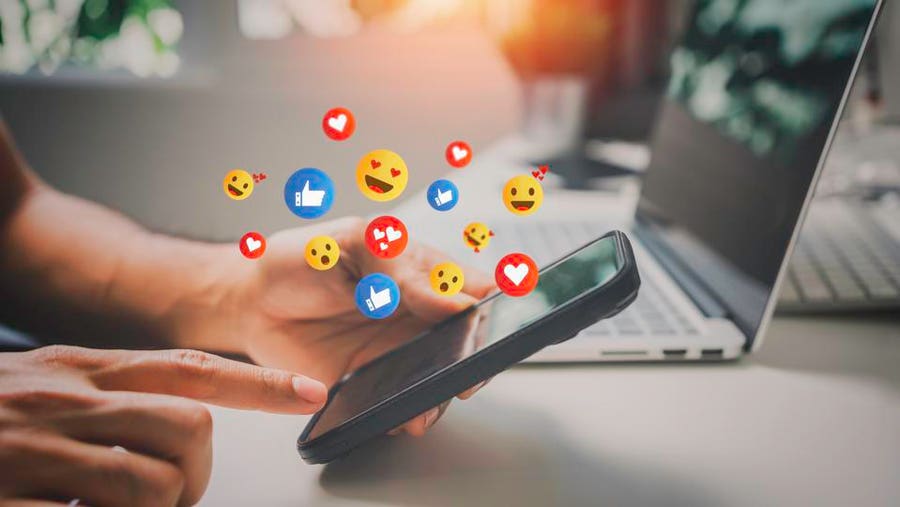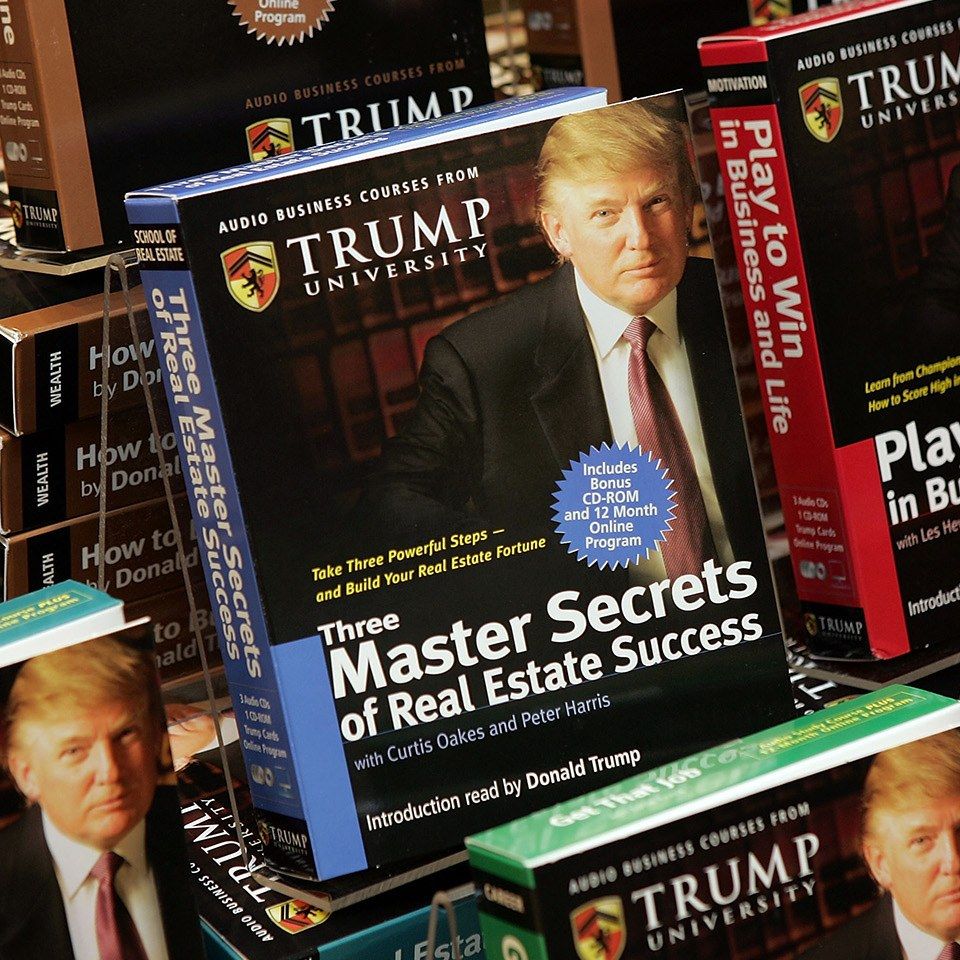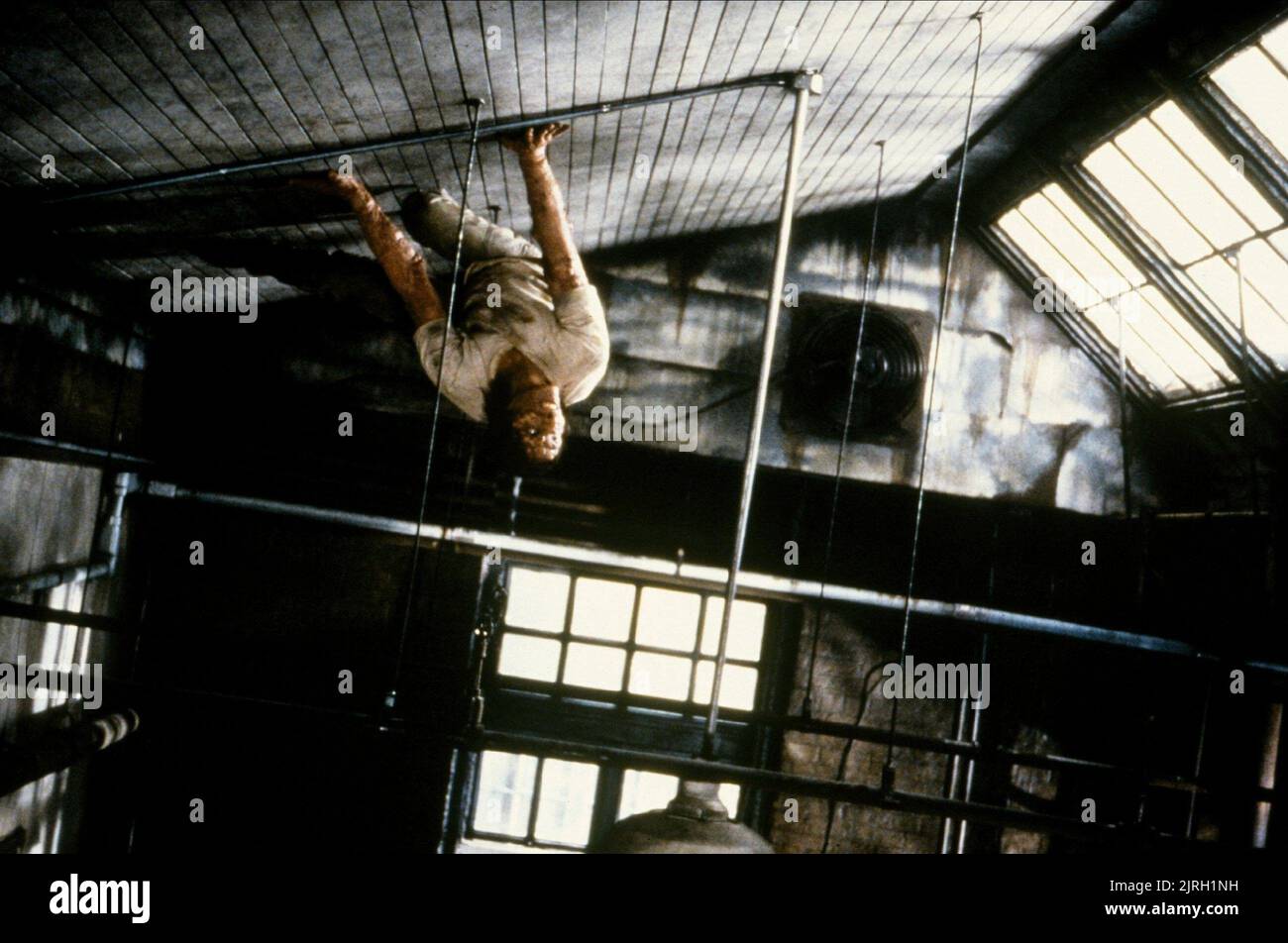The Zuckerberg-Trump Dynamic: Impact On Social Media And Politics

Table of Contents
The 2016 Election and the Rise of Political Advertising on Facebook
The 2016 US election witnessed the unprecedented rise of targeted political advertising on Facebook. This marked a turning point, showcasing the platform's power to influence voter behavior on a massive scale. Sophisticated algorithms allowed campaigns to micro-target specific demographics with tailored messages, often exploiting vulnerabilities and biases.
-
Cambridge Analytica scandal and its impact on data privacy and political manipulation: The harvesting of millions of Facebook users' data by Cambridge Analytica, a political consulting firm working for the Trump campaign, exposed the vulnerability of personal information and its potential for manipulation. This scandal highlighted the lack of robust data privacy protections and fueled concerns about the ethical implications of targeted political advertising.
-
Lack of transparency in political ad spending and targeting: The lack of transparency surrounding political ad spending on Facebook allowed for shadow campaigns and the potential for foreign interference to go largely undetected. This opacity undermined the democratic process and fueled calls for greater accountability.
-
The effectiveness of micro-targeting in swaying voters: Micro-targeting, the practice of delivering personalized ads to specific individuals based on their online behavior and demographics, proved highly effective in reaching and swaying voters. This raised serious questions about the fairness and integrity of electoral processes.
-
Zuckerberg's initial responses and evolving stance on political advertising regulation: Zuckerberg's initial responses to concerns about political advertising were criticized as inadequate. His stance has since evolved, with Facebook implementing some measures to increase transparency, but significant concerns remain about the platform's ability to effectively regulate political content.
The ethical and legal implications of Facebook's role in the 2016 election are still being debated, underscoring the need for stricter regulations and greater transparency in political advertising on social media platforms.
The January 6th Capitol Riot and the Suspension of Trump from Facebook
The January 6th Capitol riot served as a watershed moment, culminating in the unprecedented suspension of Donald Trump's Facebook and Instagram accounts. Trump's repeated dissemination of misinformation and inflammatory rhetoric leading up to the event were cited as reasons for the suspension.
-
Trump's role in inciting the riot: Trump's speeches and social media posts in the days leading up to the riot are widely seen as having incited the violence. His refusal to condemn the rioters further fueled the controversy.
-
Facebook's delayed response and criticism for inaction: Facebook faced intense criticism for its delayed response to Trump's incendiary rhetoric. The perceived slowness of its action further fueled the debate about the platform's responsibility in preventing the spread of misinformation and violence.
-
The debate surrounding censorship and free speech: The suspension sparked a heated debate about censorship and free speech. While some argued that Facebook had a responsibility to prevent the spread of harmful content, others claimed that the suspension constituted censorship and violated Trump's right to free expression.
-
The impact of the suspension on Trump's communication strategy: The suspension significantly impacted Trump's ability to communicate directly with his supporters, forcing him to rely on alternative platforms. This highlighted the power of social media giants in shaping political discourse.
-
The long-term implications for content moderation on social media platforms: The events surrounding the January 6th riot and Trump's suspension have had far-reaching implications for content moderation policies across social media platforms, prompting ongoing discussions about the balance between free speech and platform responsibility.
The Ongoing Debate on Section 230 and Social Media Regulation
Section 230 of the Communications Decency Act provides legal protection to online platforms from liability for user-generated content. This has been a central point of contention in the ongoing debate surrounding social media regulation.
-
Arguments for and against repealing or amending Section 230: Supporters of Section 230 argue that it is essential for protecting free speech and innovation on the internet. Critics contend that it shields social media companies from accountability for the harmful content they host.
-
The impact of regulation on free speech and innovation: The debate over Section 230 highlights the tension between free speech principles and the need to regulate harmful content online. Increased regulation could stifle innovation while failure to regulate could allow the spread of misinformation and harmful content to continue unchecked.
-
Zuckerberg's position on Section 230 reform: Zuckerberg has expressed a willingness to consider reforms to Section 230, acknowledging the need for increased accountability. However, he also cautions against changes that could stifle free expression.
-
The potential for increased government oversight of social media: The ongoing debate about Section 230 signals a potential shift towards greater government oversight of social media companies and a more active role in regulating online content.
The Lasting Impact on the Political Landscape
The Zuckerberg-Trump dynamic has fundamentally altered the political landscape, leaving a lasting legacy on how political campaigns are conducted and how information is disseminated.
-
The increased polarization of political discourse: The spread of misinformation and targeted advertising on social media has contributed to the increasing polarization of political discourse, making constructive dialogue increasingly challenging.
-
The rise of misinformation and disinformation campaigns: The 2016 and 2020 elections highlighted the vulnerability of democratic processes to sophisticated misinformation and disinformation campaigns spread through social media.
-
The changing nature of political campaigning and communication: Social media has become an indispensable tool for political campaigning and communication, altering the traditional methods of reaching and engaging voters.
-
The growing influence of social media on elections and governance: Social media's influence on elections and governance continues to grow, raising concerns about its potential to undermine democratic institutions and processes.
-
Increased public scrutiny of social media platforms and their power: The events surrounding the Zuckerberg-Trump dynamic have intensified public scrutiny of social media platforms and their immense power to shape public opinion and influence political outcomes.
The future implications for democracy and the role of technology in shaping political discourse are significant and demand ongoing critical examination.
Conclusion
The complex relationship between Mark Zuckerberg and Donald Trump has irrevocably altered the intersection of social media and politics. The 2016 election, the January 6th Capitol riot, and the ongoing debate over Section 230 highlight the significant power and responsibility wielded by social media platforms. Understanding the Zuckerberg-Trump dynamic is crucial for navigating the future of online political discourse and ensuring responsible use of social media in a democratic society. To further explore this critical issue, research the impact of the Zuckerberg-Trump dynamic on future elections and the evolving regulatory landscape. The implications for the future of Facebook's role in politics, and indeed the future of social media’s influence on politics, are profound and require continued analysis.

Featured Posts
-
 Bof As Take Are High Stock Market Valuations A Cause For Concern
Apr 29, 2025
Bof As Take Are High Stock Market Valuations A Cause For Concern
Apr 29, 2025 -
 Grifo Immobile Toni Barzagli Rizzitelli A Look At Italian Success In The Bundesliga
Apr 29, 2025
Grifo Immobile Toni Barzagli Rizzitelli A Look At Italian Success In The Bundesliga
Apr 29, 2025 -
 Exclusive University Group Challenges Trump Administration Policies
Apr 29, 2025
Exclusive University Group Challenges Trump Administration Policies
Apr 29, 2025 -
 Canoe Awakening A Celebration Hosted By The Culture Department
Apr 29, 2025
Canoe Awakening A Celebration Hosted By The Culture Department
Apr 29, 2025 -
 The Fly Jeff Goldblums Untold Story Of The Films Ending
Apr 29, 2025
The Fly Jeff Goldblums Untold Story Of The Films Ending
Apr 29, 2025
Latest Posts
-
 Reuben Owen Our Yorkshire Farm Family Update On His Siblings
Apr 30, 2025
Reuben Owen Our Yorkshire Farm Family Update On His Siblings
Apr 30, 2025 -
 Our Yorkshire Farms Amanda Owen Opens Up About Disputes With Clive
Apr 30, 2025
Our Yorkshire Farms Amanda Owen Opens Up About Disputes With Clive
Apr 30, 2025 -
 The Reality Of Farm Life Amanda Owens Honest Account
Apr 30, 2025
The Reality Of Farm Life Amanda Owens Honest Account
Apr 30, 2025 -
 Our Yorkshire Farm Reuben Owens Update On His Eight Siblings
Apr 30, 2025
Our Yorkshire Farm Reuben Owens Update On His Eight Siblings
Apr 30, 2025 -
 Amanda Owen Addresses Clive Bickering On Our Yorkshire Farm
Apr 30, 2025
Amanda Owen Addresses Clive Bickering On Our Yorkshire Farm
Apr 30, 2025
